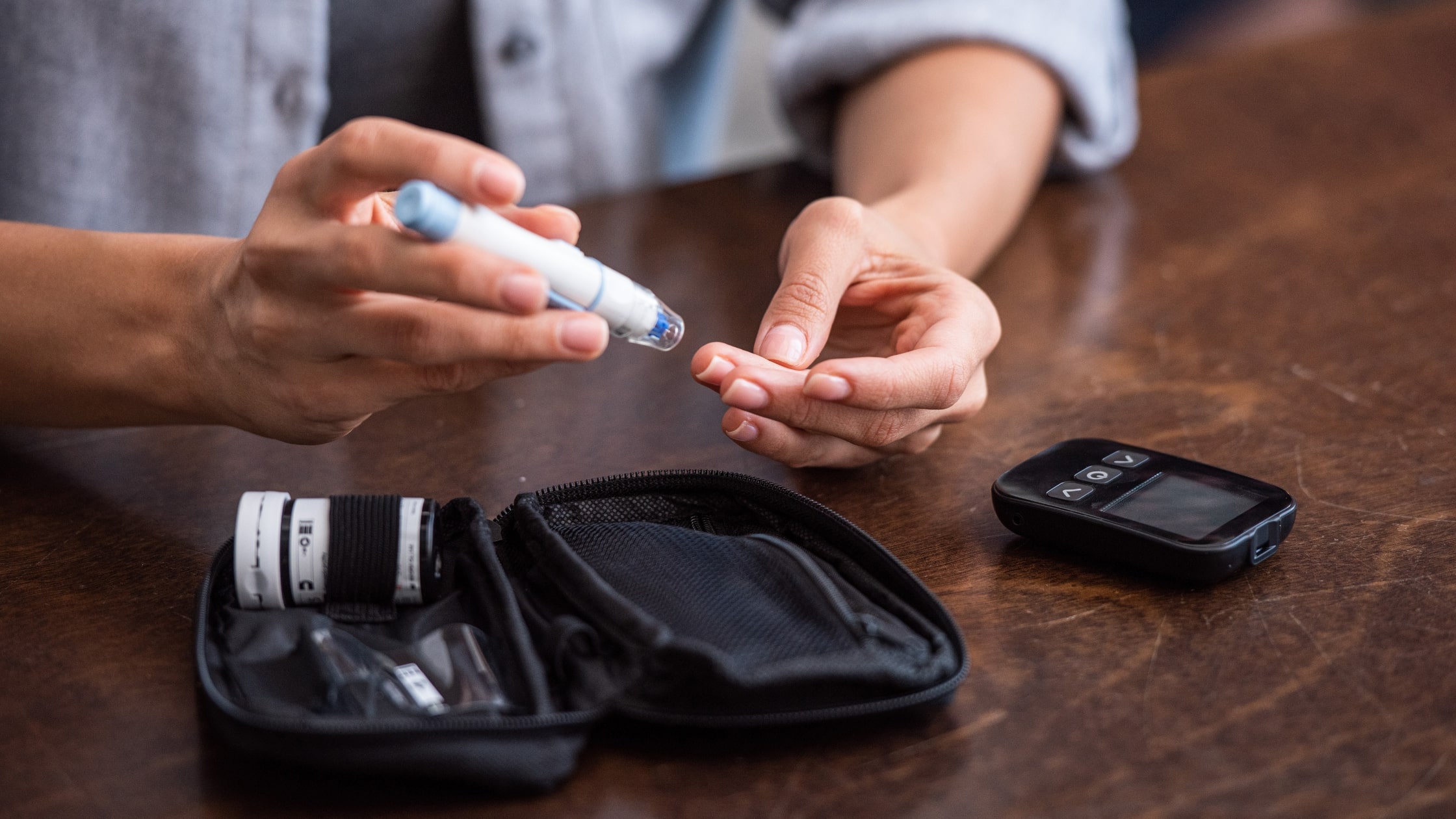November is Diabetes Awareness Month, a time to raise awareness about one of the most chronic health conditions that affects millions of people around the world. There are two main forms, Type 1 and Type 2, each with its own set of risk factors and challenges. When left unmanaged, diabetes can lead to serious health complications, but recognizing the symptoms early can make all the difference. Whether you’ve been recently diagnosed or are concerned about potential warning signs, understanding the symptoms is key to taking control of your diabetic health. Here are some common symptoms of diabetes that should not be ignored.
Frequent Urination
If you find yourself urinating more frequently than usual, this may be a sign of diabetes.
When too much sugar, called glucose, is in the blood your kidneys have to work harder to filter and flush out the excess sugar. When the kidneys can’t keep up, the extra glucose is excreted through urine, pulling fluids from your body and leading to increased urination. This can happen both during the day and night, disrupting your daily routine and sleep. If this sounds like your experience, especially in combination with other symptoms, it may be a sign that your blood sugar levels are elevated, and it’s important to see a doctor.
Having Blurred Vision
When eye problems occur, your first instinct is to make an appointment with the eye doctor. If your eye exam results are normal, you may be experiencing vision problems related to diabetes. When suffering from diabetes, high glucose levels can cause the lens of your eye to swell, leading to blurred or distorted vision. If left untreated, more serious complications can develop, such as diabetic retinopathy, which damages the blood vessels in the retina and can lead to permanent vision loss. If you’re experiencing blurry vision or difficulty focusing, it’s important to have your eyes checked and consider the possibility that it may be related to your blood sugar levels. Treating the problem early can prevent long-term damage to your eyesight.
Excessive Thirst
Being thirsty is normal from time to time, especially when it’s hot outside or during strenuous activity. If you find yourself having a dry mouth or being excessively thirsty more often, especially when also experiencing frequent urination, it may be a sign of diabetes. When the body loses fluids through urination, the natural response is to replenish the fluids, causing the feeling of thirst. If you find yourself constantly reaching for a drink and still being thirsty, your body may be signaling an issue with your blood sugar.
Slow Healing Wounds
If your blood sugar is elevated due to diabetes, this may interfere with your body’s ability to quickly heal wounds. If your diabetes is undiagnosed or poorly managed, this can lead to a reduced blood flow and nerve damage which can be very dangerous. Even minor cuts, scrapes and bruises may take longer to heal which can increase the risk for infection. This can also put you at risk for more complications such as diabetic ulcers. If you notice your wounds are not healing as quickly as they should, it’s important to consult a healthcare professional to assess your blood sugar levels and overall diabetes management.
Fatigue
While it’s normal to feel tired from time to time, fatigue that interferes with your daily life is something that needs to be taken seriously. With diabetes, the body struggles to convert glucose into energy effectively, leaving cells starved for the fuel they need to function properly. This lack of energy can result in persistent feelings of exhaustion, even after a full night’s sleep. Fluctuations in blood sugar levels can also contribute to feelings of tiredness, as the body must work harder to maintain balance.
Weight Loss
Many people fluctuate between a few pounds regularly, but if you are rapidly losing weight without trying, this may be a sign of diabetes. When urinating frequently, the body is also losing calories, causing rapid weight loss. When blood sugar levels are consistently high, the body is unable to use glucose for energy effectively. As a result, it begins to break down fat and muscle for fuel, leading to significant weight loss over time. It is very common in people with type 1 diabetes, but is also sometimes seen in people with type 2. This unintended weight reduction may occur despite a normal or increased appetite, as the body is essentially in a state of starvation.
Diabetes is a serious health issue if left unchecked. The best line of defense is living a healthy, active lifestyle. Remember to visit your primary care physician and get your annual physical for blood work – be proactive about your health! If you need a primary care physician, visit www.southwoodshealth.com/primary-care/ to find one near you.


